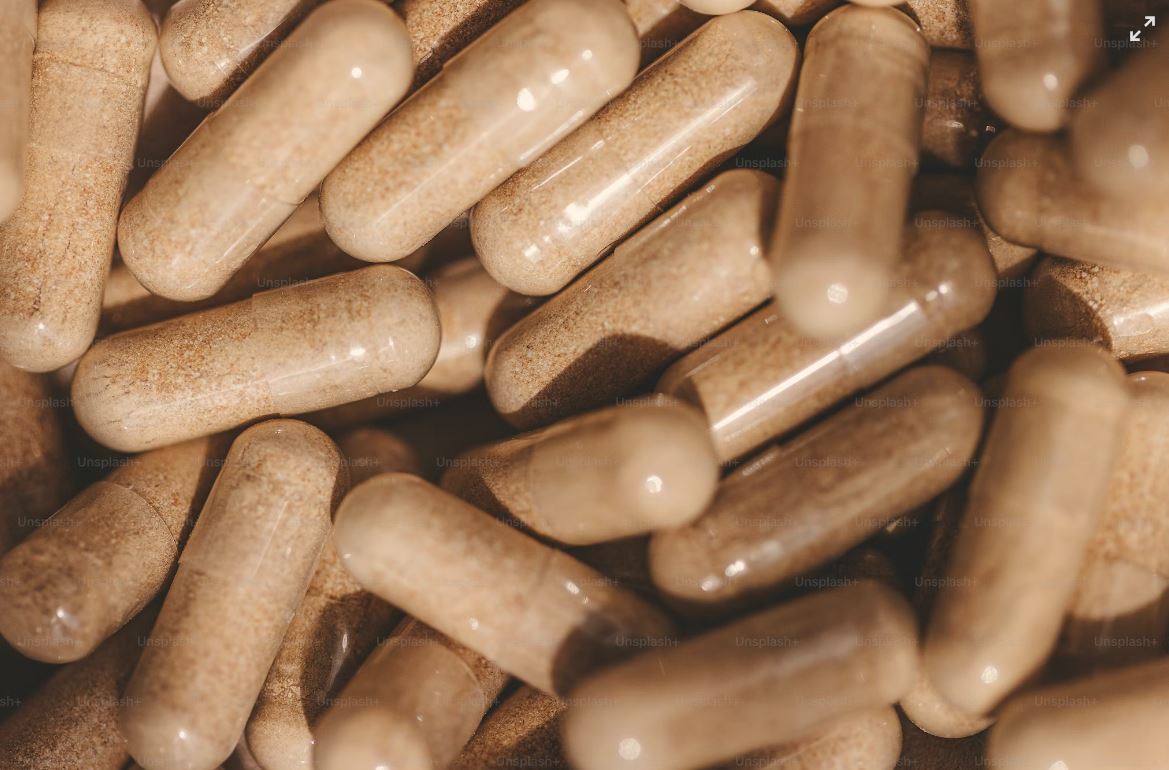Best Time to Take Ashwagandha: Full Information


What is the benefit of ashwagandha?
Ashwagandha is a traditional herb that has been utilised in Ayurvedic therapy for ages. It is one of the most widely used herbs in the world today and is frequently used as a herbal treatment for sleeplessness, stress, and anxiety.
What time of day is ideal for ashwagandha use?
Some professionals advise taking ashwagandha root powder an hour or so before bed if you have difficulties falling asleep. The herb's sedative properties may make it easier for you to unwind and go off to sleep. However, it's preferable to take ashwagandha in the morning if you want to benefit from its immune-boosting properties. Your body will have the entire day to absorb and utilise the nutrients from the herb as a result.
Drink plenty of water while taking ashwagandha, regardless of what time of day you do so. If the herb is consumed without adequate drink, it may upset your stomach. To give your body time to react, start with a modest dose of the herb and raise it gradually over time. Before taking ashwagandha, you should also consult your doctor, especially if you have a medical condition or are taking any drugs.
For optimal effects, how should I take ashwagandha?
There is no universally applicable solution to this dilemma because the ideal ashwagandha dosage would depend on your particular requirements. You might want to take it an hour before bed if you're using it for its sedative effects, for instance.
On the other hand, if you are using it to support your immune system, it is ideal to take it in the morning so that your body has the entire day to absorb and utilise its nutrients. Always drink enough of water when taking ashwagandha, regardless of what time of day you do so, as the herb can upset your stomach if you don't.
To give your body time to react, start with a modest dose of the herb and raise it gradually over time. Before taking ashwagandha, you should also consult your doctor, especially if you have a medical condition or are taking any drugs.
What drawbacks does ashwagandha have?
Ashwagandha is mostly safe and has few negative effects when used as recommended. The most typical ones include headache, diarrhoea, and upset stomach. Stop using the herb and consult your physician if you suffer any of these negative effects.
Before using ashwagandha, it's vital to speak with a healthcare provider because it might not be suitable for everyone.
Who ought to consume ashwagandha?
Although ashwagandha has many advantages, not everyone will experience these advantages. Who should take this herb, if you're thinking about doing so?
Ashwagandha has been demonstrated to be successful in treating both anxiety disorders and stress disorders in patients.
Ashwagandha may help people with chronic fatigue syndrome feel more energised and less worn out.
People with weak immune systems can benefit from ashwagandha's immune-system boosting properties.
Ashwagandha may aid in enhancing cognitive function and lowering the risk of dementia in elderly adults.
Is ashwagandha safe to take every day?
Though ashwagandha can technically be taken daily, it's preferable to give your body a break from it every few days. In this manner, you can prevent possible adverse effects and make sure you're getting the greatest benefit possible from the pill. Although ashwagandha is typically safe for most individuals, it is advisable to stop using it and consult your doctor if you notice any negative effects.
Does ashwagandha cause blood pressure to rise?
Asheswagandha is a herbal supplement that helps people manage stress, regulate blood pressure, and reduce inflammation. To maximise the effects of ashwagandha, it's critical to understand when to take it.
Does ashwagandha result in hair loss?
Since every individual responds to supplements differently, there is no conclusive answer to this topic. However, ashwagandha does not have a reputation for causing hair loss as a negative effect. If you're worried that taking ashwagandha will cause you to lose your hair, consult your doctor or another trained healthcare provider.
Anyone unable to consume ashwagandha?
A few individuals should refrain from consuming ashwagandha. This also applies to expectant mothers because not enough research has been done to determine whether it is safe for them. Additionally, you need to avoid taking ashwagandha if you are nursing a baby.
How soon does ashwagandha start to work?
According to recent study, ashwagandha may take several weeks to start working. It can take ten or more weeks to experience the most advantages in terms of stress and anxiety reduction.
Within two to four weeks, mood benefits could be noticed. These results are based on recent research, and each person's response may be different. Some people might experience benefits more quickly than others, or they might not at all.
After a few weeks of taking ashwagandha, you might want to try a different supplement or dosage if you haven't noticed any results. You might also wish to discuss further stress and anxiety therapy alternatives with your doctor.
Ashwagandha is a powerful herb with numerous health benefits. It has been used in Ayurvedic medicine for centuries and is known for its adaptogenic properties. This herb helps stabilize imbalances in the body, making it an excellent herb to help the body cope with stress. Ashwagandha is also known for its ability
If you are interested in trying ashwagandha, Goluremi Premium Endurance Ashwagandha may be a good option. This supplement is made from root extracts and is free from chemicals and preservatives. It is also farmed organically, sugar-free, and gluten-free. Furthermore, it is divided into 60 capsules for easy dosage maintenance.
As a bonus,
first-time buyers can receive a 10% discount on their purchase by using the coupon code GOL10. This product can be purchased from various retailers, including health food stores and vitamin shops.










